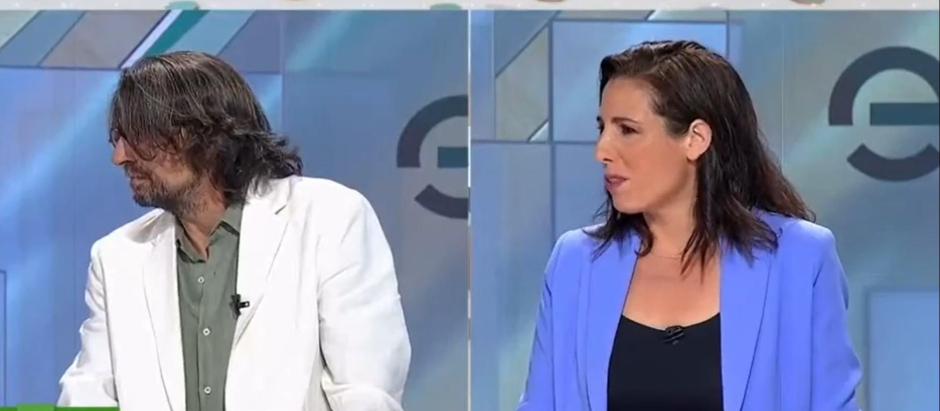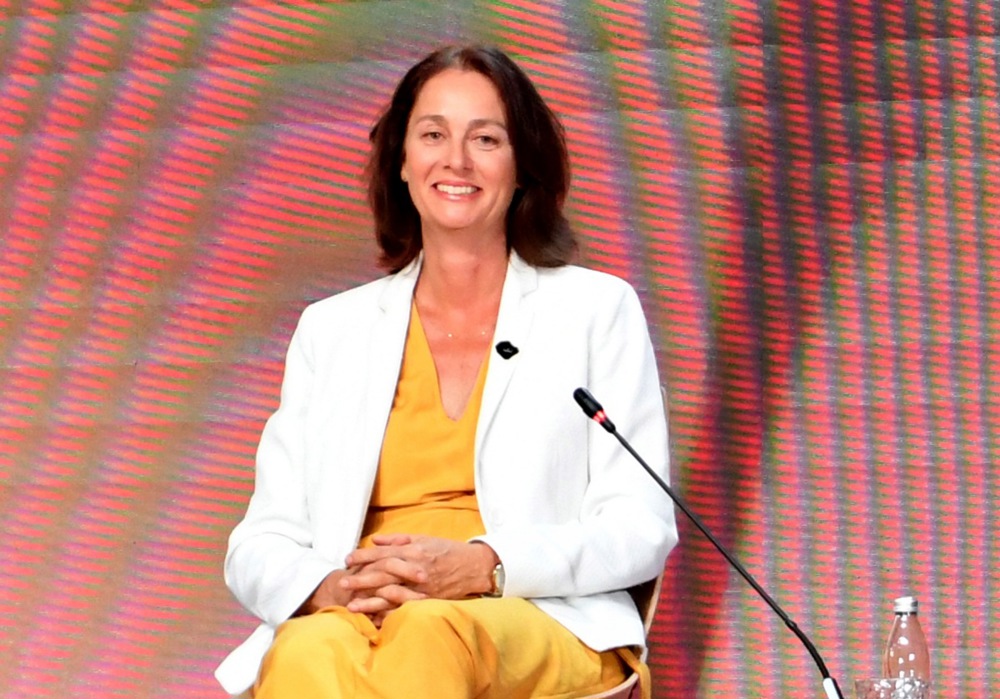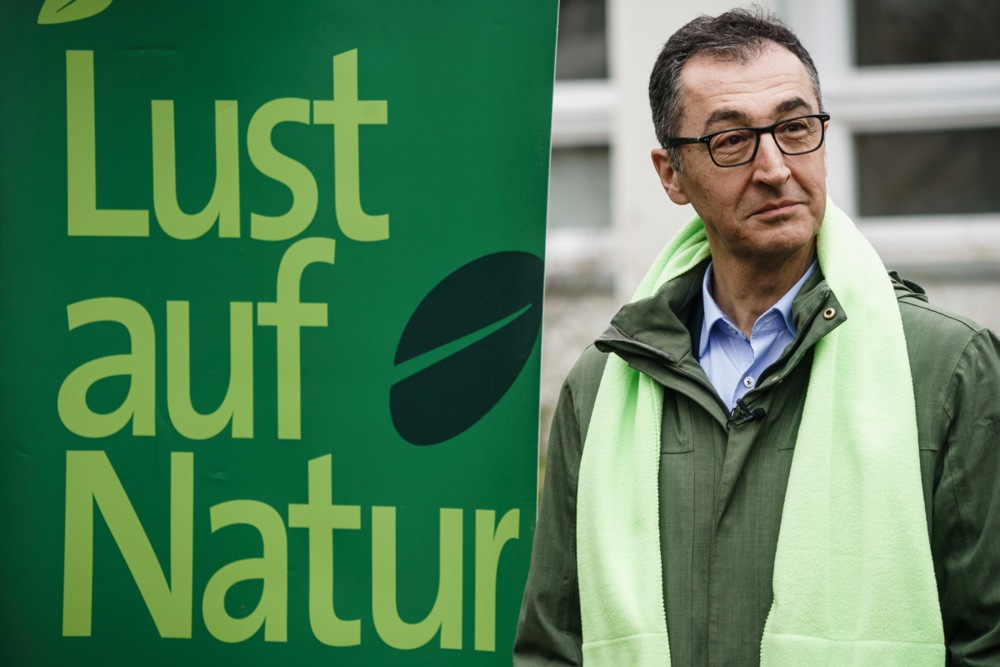Germany’s Socialist Left Party (Die Linke) looks like it might be on the verge of implosion.
The looming rift has been fuelled by the potential dawn of a new competitor formed by its ousted former leader Sahra Wagenknecht.
Die Linke has been in crisis for months now, observers say, but the impending creation of a new left-wing party by Wagenknecht, a former parliamentary leader of the party, might prove the final nail in its coffin.
Wagenknecht was ousted by Die Linke because it deemed she did not follow the party line, although her political message found some favour among the public. Since then, Die Linke has been losing members, while national polls have seen it tanking.
Now, Die Linke’s replacement leader Amira Mohamed Ali has announced she will not stand for re-election herself, possibly realising she had little chance of succeeding. Ali, who was on good terms with Wagenknecht, was brought in as the “solution” to end the inner struggle of her party, but apparently to no avail.
Wagenknecht said: “The fact that Amira Mohamed Ali, who as a group leader always stood for balance, compromise, and understanding, is now giving up shows that, unfortunately, there is less and less room on the Left for sensible politics.”
Party bigwigs persist in pushing its ideological line, illustrated by Die Linke’s selection of Carola Rackete as the figurehead of the list for the European Parliament elections next year. Rackete is a migrant activist and the captain of Sea-Watch 3, a cargo vessel that picks up immigrants at sea to take them to Europe.
That did not stop Die Linke member Martin Schirdewan claiming the party was now “more radical than the Greens” regarding climate change.
His protestation adds weight to the argument that Wagenknecht was putting forward; Die Linke has become a party of urban elites, “lifestyle leftists”, obsessed with climate and one-sided regarding migrants.
Wagenknecht said the party remains blind to the many problems normal people endure and that ordinary citizens are deeply unhappy about this, turning their back on Die Linke in droves.
Her supporters have been contemplating leaving the party for a while, including former party leader Klaus Ernst, insiders say, and now they might be ready to actually jump ship as the end of party looks imminent.
Wagenknecht is an opponent of mass migration, which she says damages both Europe and the countries of their departure. She is also critical of “wokism” and what she calls left-wing identity politics.
She is also seen as sympathetic towards Russia and that plus other concerns spurred her opponents to associate her with the right-wing Alternative für Deutschland (AfD) party. It’s unclear if she would present herself as an ally or a competitor to the AfD.
Die Linke is the political heir to the East German Communist Party and despite her new party not having been established yet, Wagenknecht has gained significant popularity in Eastern Germany.
A Thuringia poll conducted by the Insa Institute in July indicated a 25 per cent voter support position for the hypothetical party but not all the polls have been favourable.
A recent YouGov one indicated that just 2 per cent of Germans expressed willingness to back Wagenknecht in a national election.
TJA‼️#Wagenknecht hat sich zum Rückzug von Amira #Mohamed_Ali geäußert,u. es klingt so als wäre das abgesprochen gewesen
Außerdem bescheinigt sie der Partei #DieLinke eine erfolglose Splitterpartei zu werden-Nach der Hessenwahl gründet sie ihre AfD light!https://t.co/KliSefljV3 pic.twitter.com/2I9yFssb5a— Anonymous Germany (@Anonymous00708) August 7, 2023





